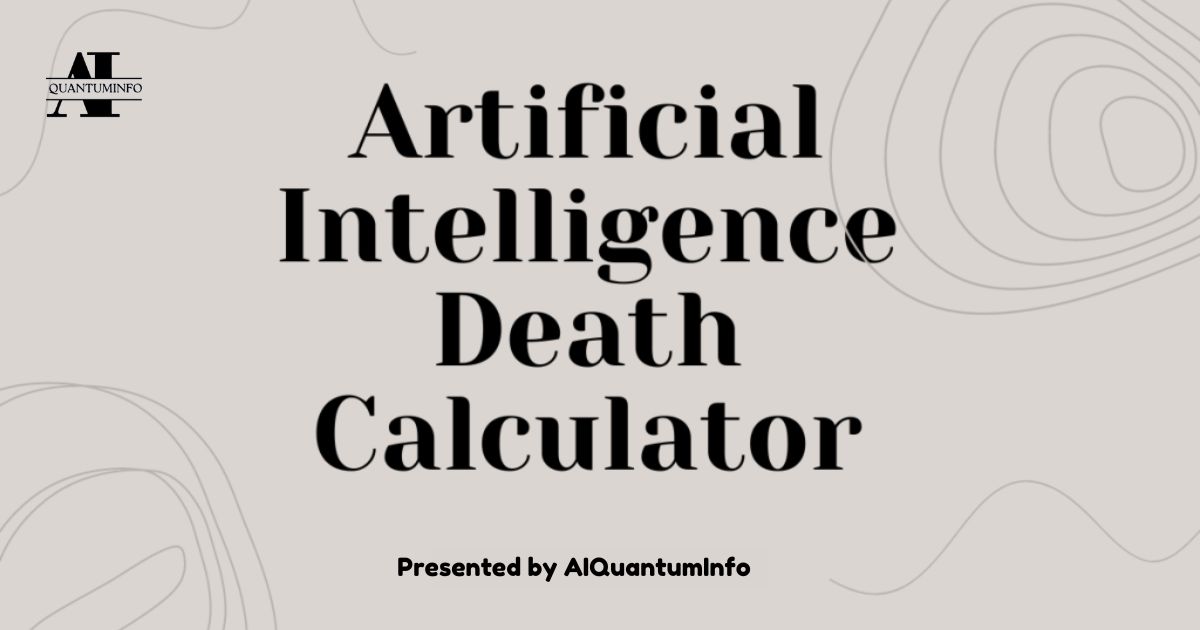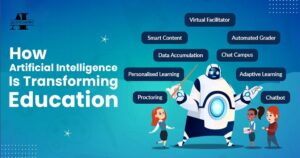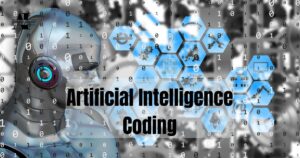The AI Death Calculator calculates a person’s age by evaluating data such as medical history, lifestyle behaviors, and demographic information. While this provides useful insights that can encourage healthy behavior, it also raises serious ethical and psychological concerns. The tool emphasizes AI’s rising importance in healthcare, combining potential benefits with the necessity to manage sensitive information cautiously.
Imagine knowing your life expectancy with a few clicks – it’s both fascinating and terrifying. The AI Death Calculator allows you to estimate your life expectancy based on your health and lifestyle data. As AI technology pushes the boundaries of what is possible, it raises important questions about its impact on our lives, as well as the ethical implications.
What if a computer could anticipate your remaining years based on your health and lifestyle? The AI Death Calculator accomplishes exactly that, providing an estimate of your likely longevity. However, this powerful instrument raises significant ethical and emotional considerations.
What is an AI Death Calculator?
AI Death Calculator is a software tool that employs complex algorithms to forecast when a person will die. It accomplishes this by assessing a variety of personal data, such as age, gender, lifestyle preferences, medical history, and other relevant characteristics.
AI analyzes this data to anticipate how long a person will live. The goal is to provide people with knowledge into their prospective lifetime, which can lead to healthier living and better health decisions.
How does it work?
The AI Death Calculator makes forecasts based on data collecting and machine learning. Here’s how it typically works:
Data Collection
Users contribute personal information to AI, including their age, gender, weight, height, and medical history. Lifestyle influences include smoking habits, alcohol intake, nutrition, exercise, and even stress levels.
Data analysis
AI employs machine learning algorithms to detect patterns and connections between data in datasets and known results. Learning from these patterns allows AI to forecast how specific things will affect a person’s longevity.
Machine Learning Algorithms
The AI then compares this personal data to massive datasets containing similar information from millions of other people. These data sets are frequently compiled from clinical trials, health records, and other statistical sources.
Predictive Generation
Finally, AI computes age estimates. It might be represented in years, months, or days. Predictions are typically followed with recommendations for improving health and possibly extending life.
Purpose and potential benefits
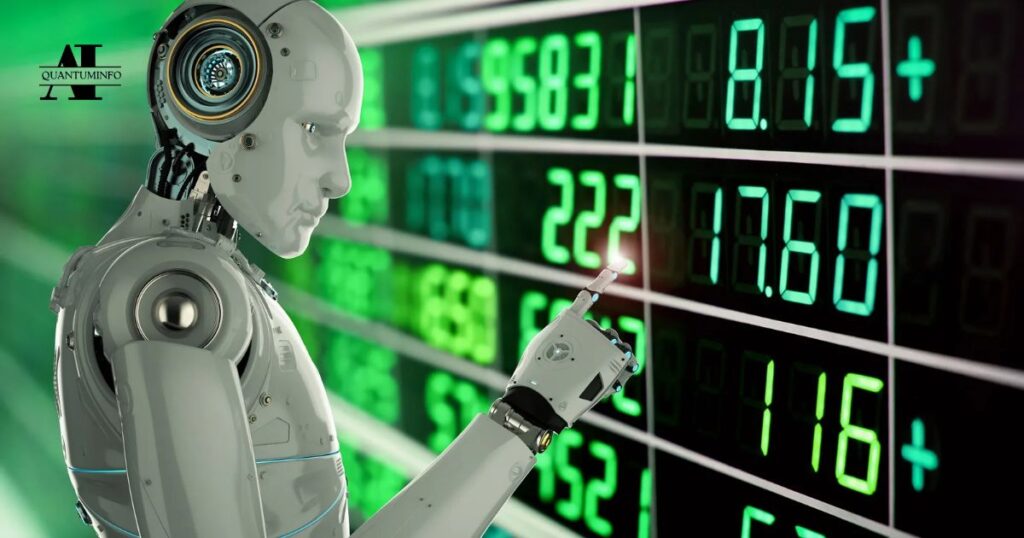
At first glance, the concept of AI forecasting death may appear bleak or alarming. The AI Death Calculator’s primary goal, however, is to provide individuals with information rather than to instill terror.
AI can help people make healthier choices by providing age projections based on their current health and lifestyle. For example, if the calculator shows a younger age due to smoking, the user may be encouraged to quit the habit.
Here, Artificial Intelligence Business Ideas
Additionally, an AI death calculator can be an effective tool for preventive health care. By identifying risk factors and giving actionable information, it can assist individuals in making educated healthcare decisions.
For example, if a person is aware that they are at high risk of developing heart disease, they may be urged to adopt a heart-healthy diet and exercise routine, which may improve their overall health. Builds and extends its life.
Real-world applications
While the AI death calculator may appear to be a unique concept, its practical applicability could be important. In addition to individual use, healthcare practitioners can employ tools to detect at-risk individuals and give focused interventions. Insurance companies can utilize these forecasts (with acceptable ethical considerations) to better assess risk and develop policies.
How AI Death Calculators Work: The Technology Behind the Numbers
It explores how these tools use vast datasets, including demographic, health, and lifestyle information, to make predictions about life expectancy and mortality risk.
The section will delve into the types of machine learning models used, such as regression analysis or neural networks, and how they process and analyze data to generate insights.
Additionally, it may discuss the importance of data quality and variety, as well as the role of statistical techniques in ensuring accurate predictions. Overall, this heading aims to demystify the technology behind AI death calculators and explain how they arrive at their conclusions.
Conflict and Ethical Considerations
Despite its potential advantages, the AI Death Calculator is not without debate. Several ethical issues have been expressed about its application and implications.
Accuracy and Reliability
One of the primary problems is the prediction’s accuracy. While AI can analyze large volumes of data, predicting something as complex as death is riddled with uncertainty. Many factors, such as unexpected illnesses or accidents, cannot be predicted with accuracy. Therefore, the results of the AI Death Calculator should be taken as estimations rather than final answers.
Psychological impact
The psychological effects of receiving a lifetime prognosis might be profound. Some people may experience worry, fear, or depression after knowing their estimated death date. The possibility of such negative emotions raises concerns about whether providing such information is ethical, especially if the purpose is to promote healthy lifestyles.
Privacy Concerns
The AI Death Calculator requires sensitive personal information to generate predictions. This presents issues of data privacy and security.
Users should be confident that their information will be treated appropriately and not shared with third parties without their permission.
There is also a possibility that such information would be exploited by insurance companies or employers, resulting in discrimination or unjust treatment.
Here, Quantum Artificial Intelligence Elon Musk
Cultural and Social Implications
diverse civilizations have diverse perspectives on death and mortality. In some cultures, openly discussing death is considered taboo, yet in others, it is an accepted part of life. AI death calculators may be poorly welcomed in societies where the concept of predicting death is deemed inappropriate or disrespectful.
Limitations of the AI Death Calculator
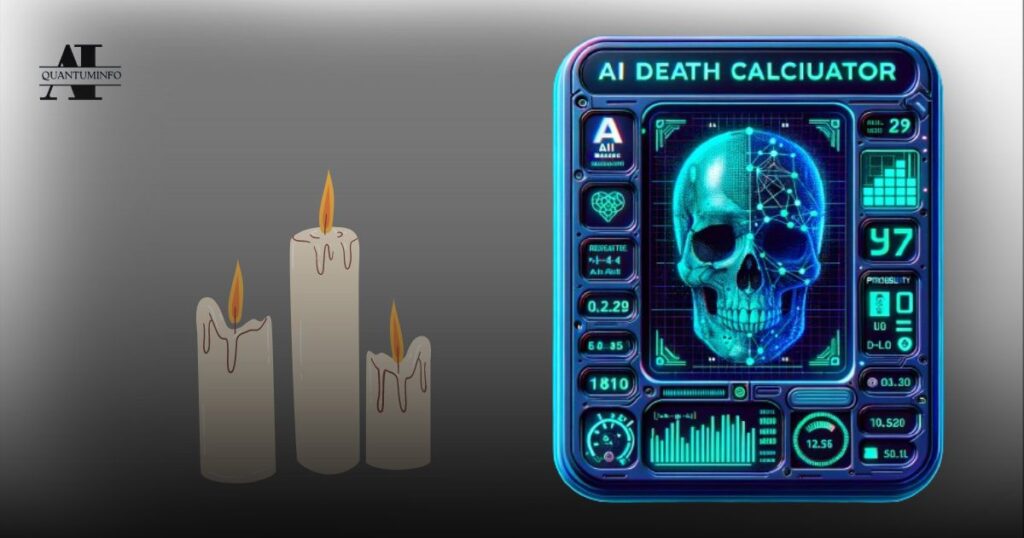
The AI Death Calculator has limitations, as do any AI tools. Although it can analyze data and detect patterns, it cannot account for every factor influencing aging.
For example, AI cannot forecast random events like as accidents or natural disasters, which might have serious consequences for a person’s life. Furthermore, AI projections rely on existing data, which may not accurately reflect population variety.
This can cause bias in predictions, particularly for those who do not meet the normal profiles identified in the databases.
Furthermore, the AI Death Calculator is mainly based on self-reported data, which may not always be correct. Users may mistakenly supply erroneous information or choose not to divulge specific details. This can affect prediction accuracy.
The role of AI in personalized medicine
The AI death calculator exemplifies a larger trend in healthcare: individualized medication. As AI advances, its capacity to deliver health advice based on a person’s specific data will only grow.
This can result in more effective therapy, faster intervention, and improved overall health results. However, considerable consideration is required to guarantee that these technologies are employed ethically and equitably.
The future of AI in predicting health outcomes
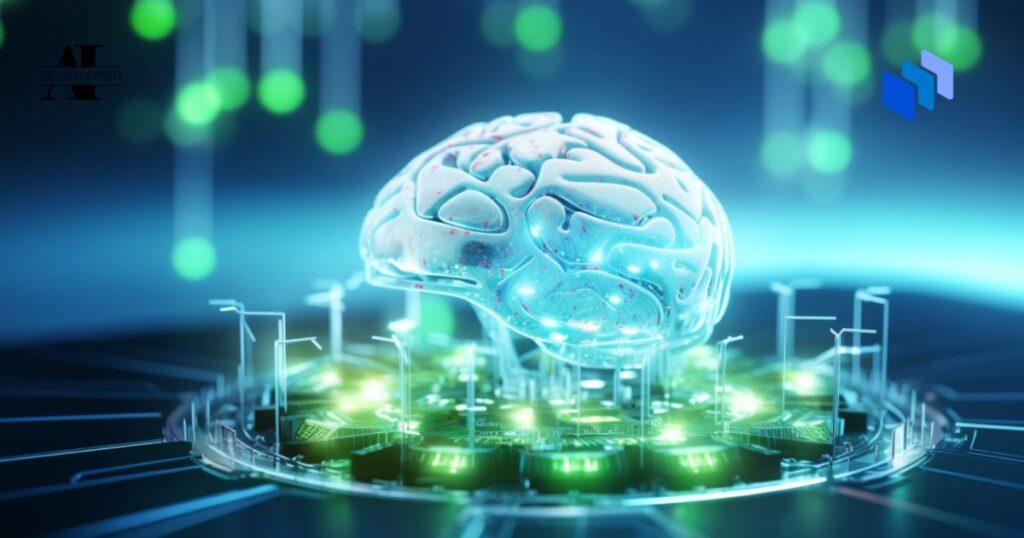
The AI Death Calculator is only one example of how AI is being used in healthcare. As AI technology progresses, its ability to anticipate health consequences is likely to grow. In the future, AI may be used to predict the chance of developing specific diseases, the possible success of medical treatments, and even the overall usefulness of numerous health measures.
However, as the importance of AI in healthcare grows, we must also grasp its limitations and ethical consequences. Striking a balance between harnessing AI’s capabilities and ensuring that its use does not result in unintentional harm or discrimination will be crucial.
Frequently Asked Question
What data does the AI Death Calculator require to generate an accurate prediction?
To provide projections, the AI Death Calculator requires information such as age, gender, medical history,
lifestyle behaviors, and family health background.
How does AI Death Calculator protect the privacy and security of user data?
Encryption and rigorous privacy regulations secure user data, ensuring that sensitive information is not
shared without prior agreement.
Can an AI death calculator forecast unexpected events, such as accidents?
No.
How accurate are the age predictions supplied by the AI Death Calculator?
Estimates based on data samples are educated predictions, but they should be interpreted as
approximate rather than conclusive.
What are the psychological implications of employing an AI death calculator on individuals?
Some people may feel anxious or fearful after getting lifetime forecasts, emphasizing the importance of
cautious evaluation.
Final Thoughts
Artificial intelligence death calculators are an intriguing combination of technology and healthcare. While this has the potential to provide useful insights into aging and promote healthy living, it also presents significant ethical and practical concerns.
The key to successfully using any instrument is to recognize its limitations and use it wisely. The AI Death Calculator is not a crystal ball capable of accurately predicting the future, but rather a tool that can assist individuals in making informed health decisions.
As AI evolves, it will be critical to handle its applications with caution, ensuring that its benefits are realized while mitigating possible concerns.

